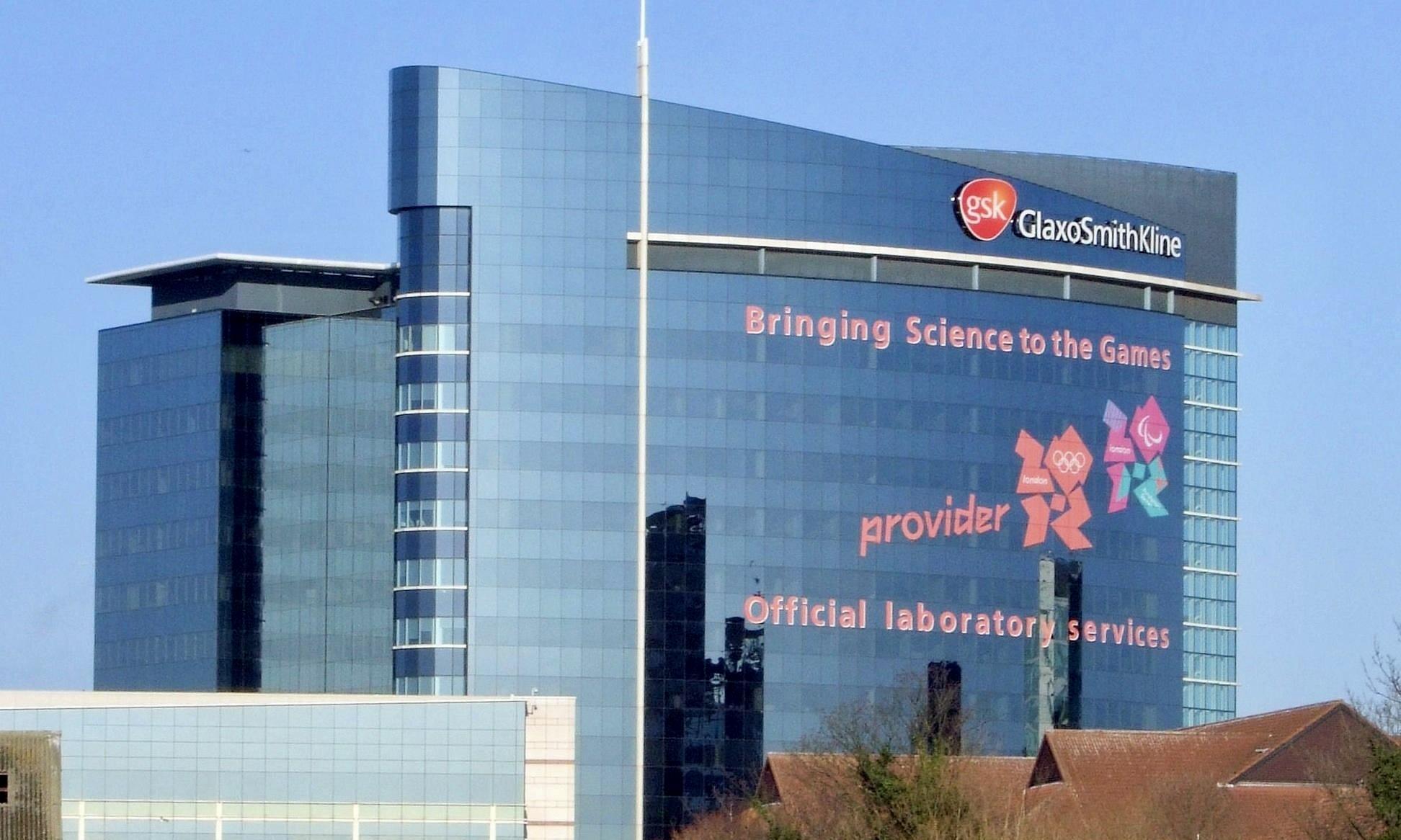The U.S. Food and Drug Administration (FDA) has accepted GlaxoSmithKline’s (NYSE:GSK) biologics license application for depemokimab, an ultra-long-acting monoclonal antibody targeting interleukin-5 (IL-5). The drug is under review for two indications: as an add-on maintenance treatment for asthma in patients aged 12 and older with type 2 inflammation and an eosinophilic phenotype, and as an add-on therapy for adults with chronic rhinosinusitis with nasal polyps (CRSwNP) who have not responded to existing treatments.
Depemokimab’s extended half-life allows for just two injections per year, improving patient adherence. The FDA has set a Prescription Drug User Fee Act (PDUFA) target date of December 16 for its decision. Results from the SWIFT and ANCHOR phase III trials demonstrated that depemokimab effectively suppressed IL-5, reducing nasal polyp size and improving asthma control in patients with type 2 inflammation.
Asthma affects over 26 million people in the U.S., with many experiencing severe attacks requiring emergency care. CRSwNP impacts about 2.1% of the population, with 30% of cases leading to worsening symptoms and diminished quality of life. Type 2 inflammation, driven by elevated eosinophil levels, plays a key role in both conditions, contributing to exacerbations and hospitalizations. Up to 85% of CRSwNP patients exhibit type 2 inflammation, making IL-5 inhibition a promising treatment strategy.
Depemokimab is also being studied for other IL-5-mediated conditions like eosinophilic granulomatosis with polyangiitis and hypereosinophilic syndrome. As research advances, targeting IL-5 may offer new treatment options for respiratory and immune disorders.



 Once Upon a Farm Raises Nearly $198 Million in IPO, Valued at Over $724 Million
Once Upon a Farm Raises Nearly $198 Million in IPO, Valued at Over $724 Million  Trump Extends AGOA Trade Program for Africa Through 2026, Supporting Jobs and U.S.-Africa Trade
Trump Extends AGOA Trade Program for Africa Through 2026, Supporting Jobs and U.S.-Africa Trade  FDA Approves Mitapivat for Anemia in Thalassemia Patients
FDA Approves Mitapivat for Anemia in Thalassemia Patients  U.S. Justice Department Removes DHS Lawyer After Blunt Remarks in Minnesota Immigration Court
U.S. Justice Department Removes DHS Lawyer After Blunt Remarks in Minnesota Immigration Court  OpenAI Expands Enterprise AI Strategy With Major Hiring Push Ahead of New Business Offering
OpenAI Expands Enterprise AI Strategy With Major Hiring Push Ahead of New Business Offering  Novo Nordisk and Eli Lilly Cut Obesity Drug Prices in China as Competition Intensifies
Novo Nordisk and Eli Lilly Cut Obesity Drug Prices in China as Competition Intensifies  Eli Lilly and Novo Nordisk Battle for India’s Fast-Growing Obesity Drug Market
Eli Lilly and Novo Nordisk Battle for India’s Fast-Growing Obesity Drug Market  Trump Appoints Colin McDonald as Assistant Attorney General for National Fraud Enforcement
Trump Appoints Colin McDonald as Assistant Attorney General for National Fraud Enforcement  SpaceX Pushes for Early Stock Index Inclusion Ahead of Potential Record-Breaking IPO
SpaceX Pushes for Early Stock Index Inclusion Ahead of Potential Record-Breaking IPO  Novo Nordisk Stock Surges After FDA Approves Wegovy Pill for Weight Loss
Novo Nordisk Stock Surges After FDA Approves Wegovy Pill for Weight Loss  Federal Appeals Court Blocks Trump-Era Hospital Drug Rebate Plan
Federal Appeals Court Blocks Trump-Era Hospital Drug Rebate Plan  Trump Proposes Two-Year Shutdown of Kennedy Center Amid Ongoing Turmoil
Trump Proposes Two-Year Shutdown of Kennedy Center Amid Ongoing Turmoil  Federal Judge Blocks Trump Administration Move to End TPS for Haitian Immigrants
Federal Judge Blocks Trump Administration Move to End TPS for Haitian Immigrants  Trump Signs “America First Arms Transfer Strategy” to Prioritize U.S. Weapons Sales
Trump Signs “America First Arms Transfer Strategy” to Prioritize U.S. Weapons Sales  Trump Allows Commercial Fishing in Protected New England Waters
Trump Allows Commercial Fishing in Protected New England Waters  Sanofi Gains China Approval for Myqorzo and Redemplo, Strengthening Rare Disease Portfolio
Sanofi Gains China Approval for Myqorzo and Redemplo, Strengthening Rare Disease Portfolio  Missouri Judge Dismisses Lawsuit Challenging Starbucks’ Diversity and Inclusion Policies
Missouri Judge Dismisses Lawsuit Challenging Starbucks’ Diversity and Inclusion Policies 































